Whoever becomes the next US president will have a significant impact on Washington's policy toward North Korea, while the US-Japan-South Korea alliance will continue to grow.
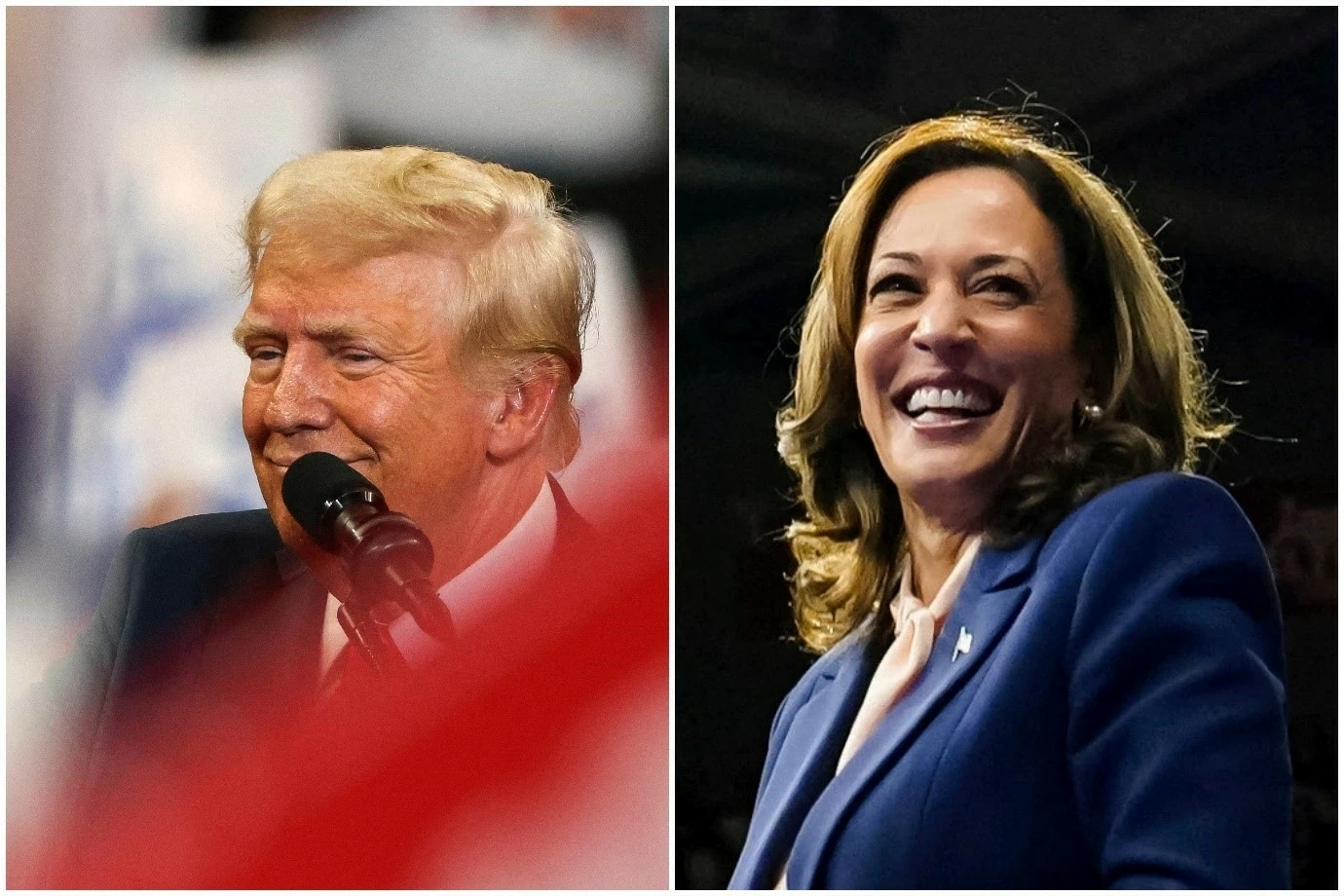 |
| Whoever becomes the next president of the United States will also have a certain impact on Washington's policy towards the Northeast Asia region. (Source: Reuters). |
In just over two months, America will elect a new leader – either incumbent Vice President Kamala Harris or former President Donald Trump. Analysts from Tokyo to Seoul to Pyongyang are closely watching the unpredictable contest for clues about its regional impact.
Different personality
A hotly anticipated question is who Trump and Harris will choose to fill their cabinet when they become president. For Trump, the people he could appoint will have a major impact on Washington’s foreign policy, especially positions such as national security adviser, secretary of state or US trade representative.
Some of the top candidates who have shown a strong “America First” conservative bent may be considered by Trump. For example, former U.S. Trade Representative Robert Lighthizer (the nominee for Treasury secretary) has advocated “balanced trade” with the United States’ trading partners (renegotiating NAFTA, imposing tariffs on China, and freezing the WTO’s Appellate Body by blocking the appointment of new judges). Another candidate who has a strong preference for competition with China could be considered for the national security adviser position, such as Elbridge Colby, who served as deputy assistant secretary of defense under Trump.
If elected, Mr. Trump’s unconventional, unpredictable leadership style could influence the U.S. approach to allies and the North Korea issue. Moreover, the former president’s desire to leave a “legacy” or diplomatic mark during his final term as president could ultimately create greater momentum for peace programs or significant bilateral agreements.
On the contrary, if Ms. Harris becomes the female owner of the White House, with her cautious "collective leadership" style, she will tend to stick to the Democratic Party's foreign policy, including maintaining international alliances, protecting global norms and laws, and prioritizing promoting multilateral cooperation.
With much of her career in the judiciary, Harris may have limited foreign policy experience. As Vice President Joe Biden’s deputy, Harris’s foreign policy footprint is limited, which could leave Kamala relying on advisers who are largely traditionalists.
Harris is expected to retain most of her Biden administration’s staff and appoint her own current advisers. Harris’s current national security advisers, Philip Gordon and Rebecca Lissner, are considered “traditionalists” and “internationalists,” so their approach to foreign affairs will likely follow that of previous Democratic presidents.
From the outside, China’s role will certainly continue to factor into the White House’s calculations. As the US and its allies seek to counter China’s growing influence, it will be one of the factors that binds the US-Japan-ROK alliance. In addition, North Korea’s nuclear program and military activities are also factors that cannot be ignored in any US president’s policymaking toward the Northeast Asian region. Especially in the context of improved Japan-ROK relations under Prime Minister Kishida Fumio and President Yoon Suk Yeol, especially with the goal of addressing the common security concern of North Korea, it can also help promote a closer US-Japan-ROK trio.
North Korea issue
If elected, Mr. Trump will likely promote his personal relationship with North Korean leader Kim Jong Un, with the desire to become the first US president to definitively resolve the issue of denuclearization of the Korean Peninsula. However, this ambition of Mr. Donald Trump is unlikely to become a reality. Mr. Trump may reach some symbolic agreements such as a declaration of moving towards denuclearization, North Korea suspending nuclear warhead testing and missile launches, etc., but it is unlikely to force North Korea to give up its nuclear weapons.
Meanwhile, Ms. Harris is expected to maintain the Biden administration's tough stance on North Korea's nuclear ambitions and prioritize cooperation with allies South Korea, Japan and regional and international forums to address the issue. Ms. Harris may also resume US-North Korea negotiations, but it will not be a direct summit with leader Kim Jong Un if Pyongyang does not make specific commitments.
To overcome the lack of experience in the Korean Peninsula issue, Ms. Harris may authorize US diplomats to work with North Korea to achieve specific results on the issue of denuclearization. In addition, Ms. Harris may also consider easing economic sanctions on Pyongyang to help improve the lives of the North Korean people and in return, North Korea must take "verifiable" actions in the denuclearization process. This is based on what Ms. Harris has said before, including in an interview with the US Council on Foreign Relations. in 2019.
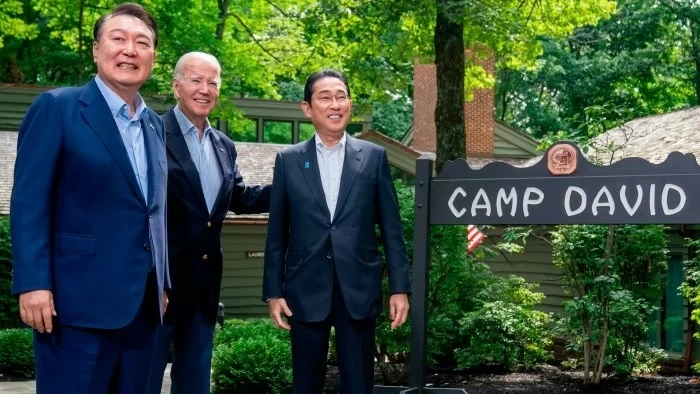 |
| South Korean President Yoon Suk Yeol, US President Joe Biden and Japanese Prime Minister Kishida Fumio at Camp David, Washington, August 18, 2023. (Source: Reuters) |
US-Japan-Korea Relations
With his “America First” policy, Mr. Trump can pressure South Korea and Japan to increase their security burden sharing and improve their defense capabilities, playing a more proactive role in the regional security structure. This will inadvertently give Japan and South Korea more motivation to promote bilateral cooperation, helping to further warm relations between the two countries.
In addition, since both Japan and South Korea have one of the largest trade surpluses with the US, the two countries could be in Mr. Trump’s “crosshairs.” Mr. Trump could seek to renegotiate the FTA with South Korea to change the trade balance in favor of the US.
During her tenure as vice president, according to ABC News, four of Harris’ 17 overseas trips were to East Asia. She visited seven countries in the region, including Japan, South Korea, and the Korean Demilitarized Zone. During these trips, Washington reaffirmed its commitment to its allies to ensure regional security and stability, while mending relations between Seoul and Tokyo.
The US-Japan-South Korea tripod, if elected, would likely continue the trend of further strengthening the US-Japan and US-South Korea bilateral alliances and promoting trilateral cooperation to address concerns in the Northeast Asian region. Unlike Trump, Harris is likely to avoid a “transactional” approach to bilateral relations with Tokyo and Seoul, instead working to strengthen military cooperation to address regional security issues and maintain a “free and open” Indo-Pacific region.
So far, Washington has no intention of joining the Comprehensive and Progressive Agreement for Trans-Pacific Partnership (CPTPP), but if elected, Ms. Harris will likely still tighten trade relations with Japan and South Korea to increase US economic influence in the region.
Regardless of whether Trump or Harris wins, the United States will continue to maintain and promote the group-sublateral cooperation mechanisms from the Biden era. According to Reuters, during the election campaigns, Trump's advisers conveyed to Seoul and Tokyo the message that the former President would support efforts to strengthen US-Japan-South Korea relations. Meanwhile, Harris's campaign team also sent signals that it would take advantage of cooperation with allies to curb China's influence in the region.
Another common thread between the Trump and future Harris administrations is said to be strict export controls on China in the technology sector, while calling on allies to implement similar restrictive policies. From there, the Chip 4 “alliance” could be given a new lease of life in both cases. However, Mr. Trump’s protectionist policies are likely to be a negative factor for this cooperative mechanism.
In short, this year’s US presidential election will not only affect the US but also have a strong impact on the security structure and international relations in Northeast Asia. Regardless of which candidate becomes the owner of the White House, it will create new challenges and opportunities for the region in the context of an increasingly complex and volatile geopolitical situation.








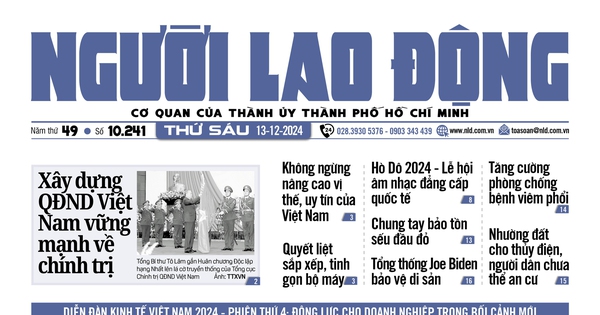

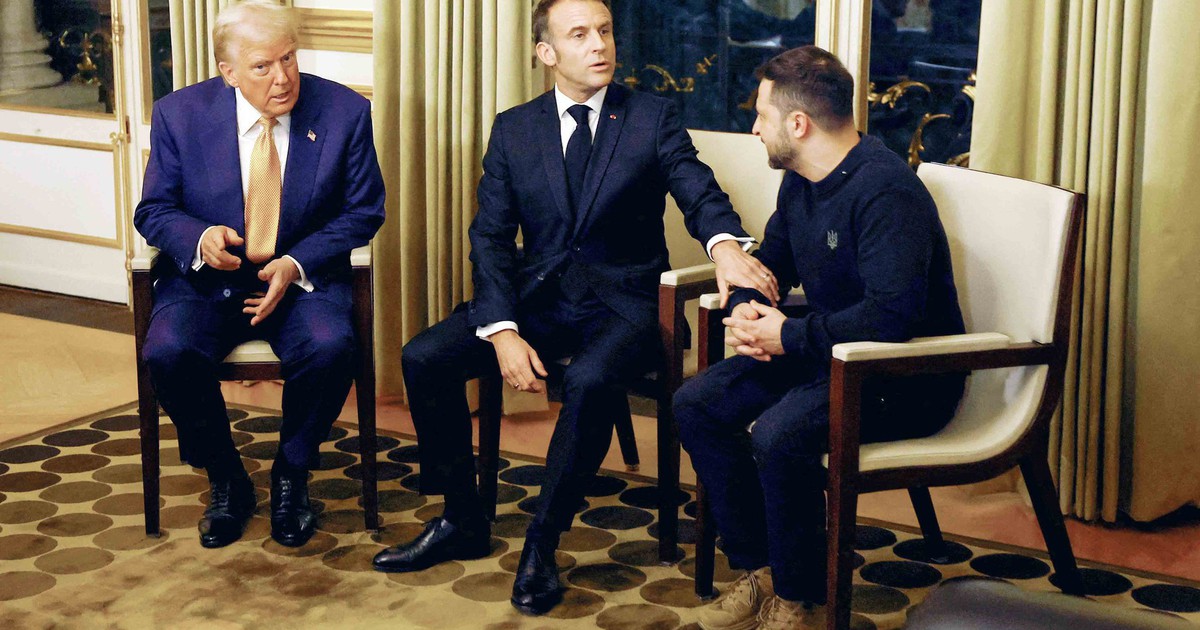


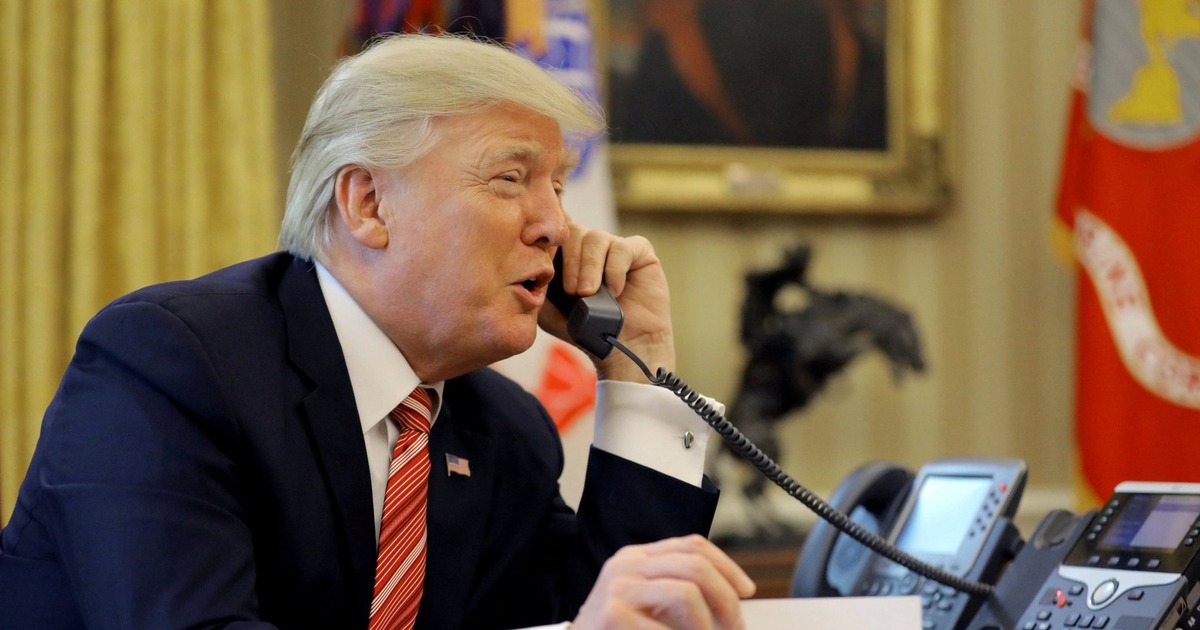






















Comment (0)